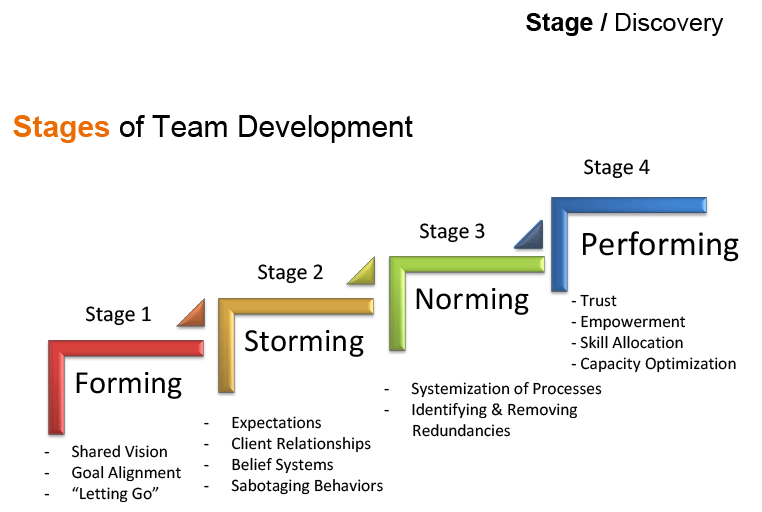Definitions What is a Team?
"A team is a small number of people with complementary skills who are committed to a common purpose, performance goals, and approach for which they are mutually accountable." (Katzenbach and Smith, 1993)
"People working together in a committed way to achieve a common goal or mission. The work is interdependent and team members share responsibility and hold themselves accountable for attaining the results." (MIT Information Services and Technology)
"A group in which members work together intensively to achieve a common group goal." (Lewis-McClear & Taylor 1998)
Why Teams Matter
by Jon R. Katzenbach , Douglas K. Smith
An excerpt from The Wisdom of Teams: Creating the High-Performance Organization

